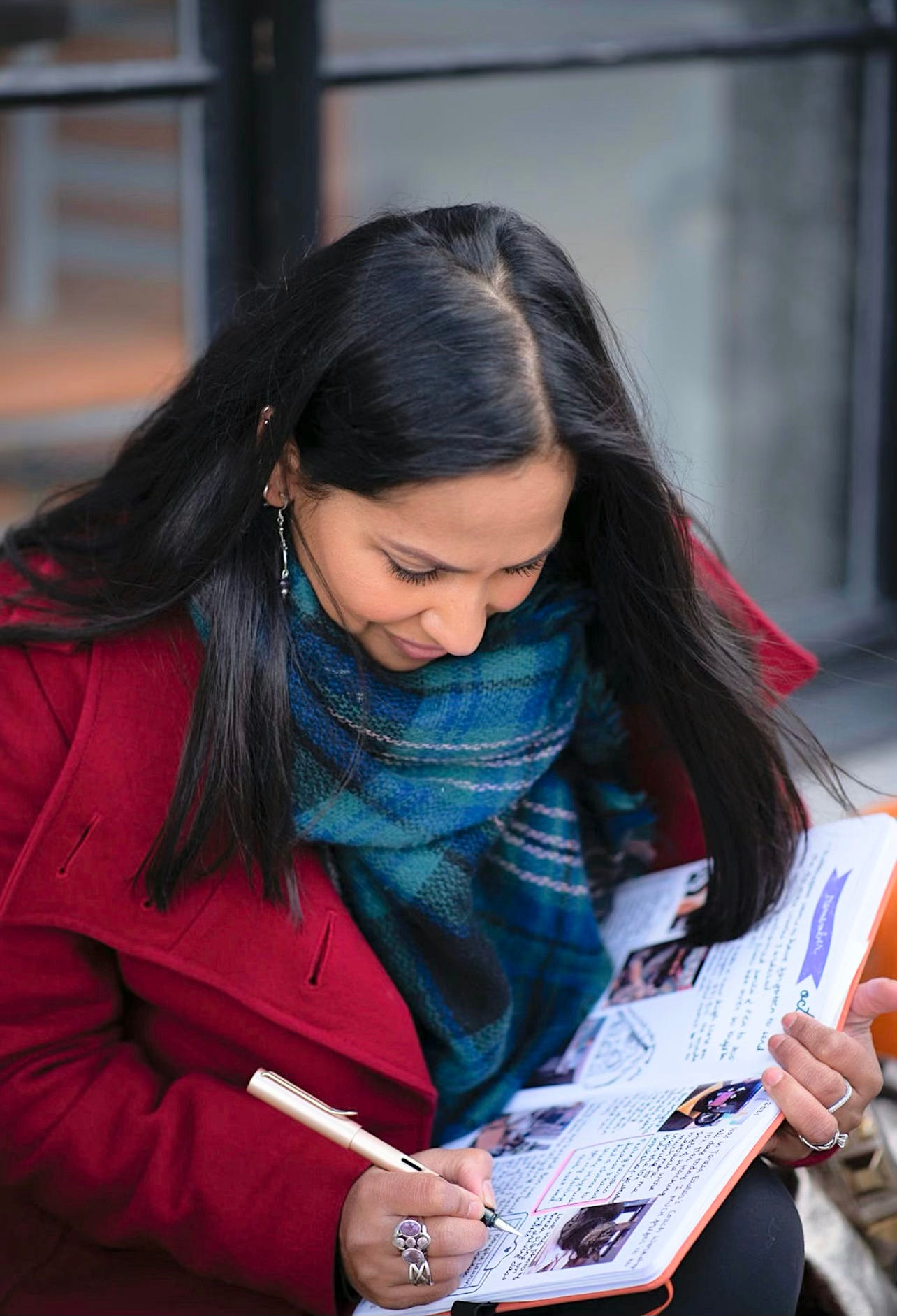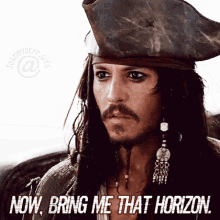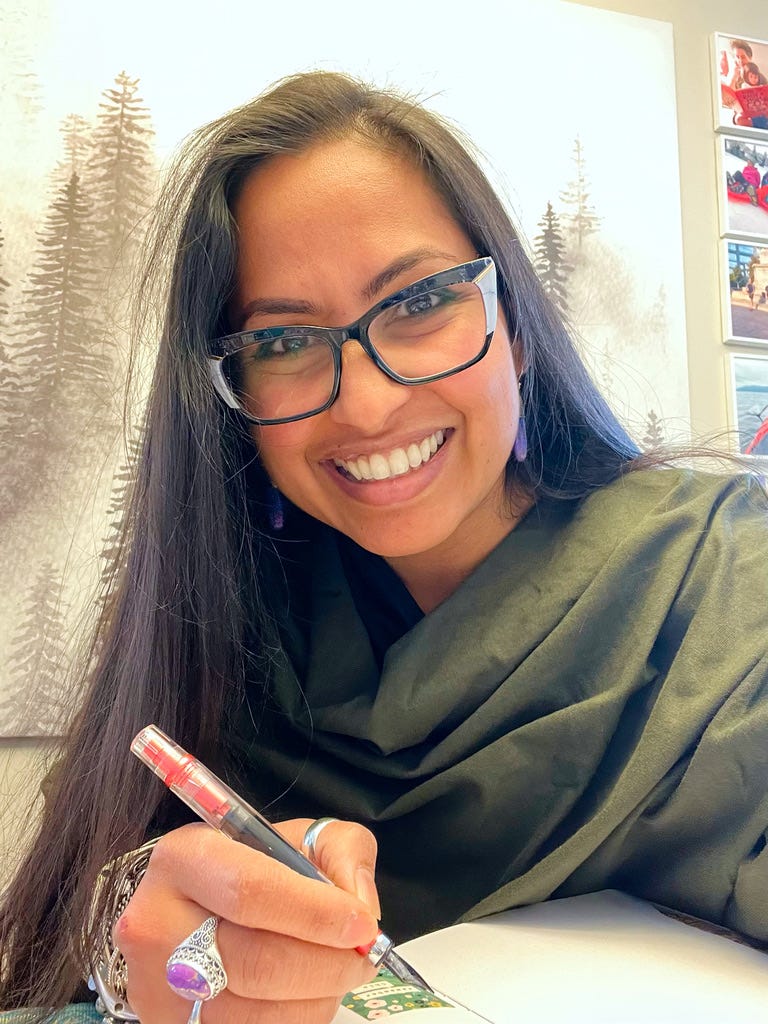What to do when you don't know what to do
This is the article I was looking for when I was trapped in the unknowing and felt like all was lost
“The money isn’t in the buy, it isn’t in the sell. It’s in the wait.” - Charlie Munger
So the very first thing to do is define what “waiting” effectively or productively actually means. My own understanding of what waiting looks (and feels) like has evolved substantially over the years.
For people like me with a bias for action, waiting can feel unbearable; the compulsion to act often overpowers judgment and while there’s movement (which feels better than stagnation), the direction that movement takes me in may or may not be towards my goal.
Others who find the wait equally unbearable might choose to escape it by numbing out with food, booze, drugs or shopping.
A third category might choose a form of surrender which means they let the goal go completely (this is different from the approach we’re about to discuss).
Before we get into it, I want to point out that none of what I share is a prescription of any kind, nor is it guaranteed to “shorten the wait”. Instead, here are a bunch of suggestions for how to create comfort, and dare I say enjoyment, during the long dark tea times of our souls.
Because, as I came to realize, waiting isn’t actually so bad if you figure out what to do while you wait.
Waiting is torture if you’re holding your breath or trapping yourself in some sort of mental limbo.
I want to acknowledge that waiting is torture if you’re in some sort of unmanaged physical pain, and that, if this is you, the main focus of the experiments you run might need to be geared towards lessening your pain.
I was lucky that the pain I had was relatively low grade barring the occasional flare, and so I wasn’t leaking too much energy just holding my shit together. I have immense sympathy for anyone experiencing that.
So here are 6 actions or frameworks that have really helped me:
All progress starts with telling the truth. - Alcoholics Anonymous
1. I started with acceptance: After years of being angry that Chronic Fatigue Syndrome (CFS) had robbed me of my fitness and drive and sense of self, I finally got to a place where I was willing to be with my limitations in the moment.
This isn’t the same as giving up hope. I used to think it was (which is why I fought it so hard).
Acceptance is about recognizing current limitations and finding ways to work with them. For me, it was also about recognizing that while trying to understand my limitations, I would occasionally go too far (and crash). I had to stop blaming myself for that and accept that it was part of the learning process.
Acceptance was about opening up a space around my pain. Of being willing to just be in and with the pain (both physical and emotional). To not fight it in a vain attempt to change state.
Paradoxically, in opening up this space, I was able to fuel hope. Because I wasn’t desperate for a fix, I could be more discerning. I could lean on my own resources and wisdom more and make gentle, tiny progress instead of overreaching.
I made the decision to enjoy my life as it was in the present (limitations and all) while simultaneously keeping an eye peeled for a potential breakthrough. Present enjoyment is so crucial, so if you haven’t figured this piece out yet, it’s the one to focus on.
2. I created a horizon: Once I’d opened up space by making peace with my present, I was able to entertain the idea of goal-setting again. Although, to start with, I picked a loose horizon to move towards. Here’s the difference: a goal might look like “becoming an NYTimes bestselling author” or even “publishing my novel”. A horizon might look more like, “writing every day and really enjoying the process”.
Notice that the horizon isn’t “SMART” (Specific, Measurable, Achievable, Relevant, Time-bound). But it’s got enough teeth to challenge - because writing every day is probably already a decent challenge, but enjoying the writing every day, well, that’s a whole other level that requires a fair bit of intentional process.
2. Work towards the horizon: Once I created my horizon, I worked to arrange my environment, social interactions and schedule to support my becoming someone who loved writing and did it daily. It profoundly changed the kinds of books I read, the workshops I took and it got me to start process journaling about what was and wasn’t working for me.
I realized that I am determined to grow into someone who loves themselves enough to take true care of themselves as they grieve, someone who is a good friend to themselves and bolsters their own confidence and sets healthy boundaries and practices true self care instead of avoidance dressed up to look like fun.
Bottomline: I like to think about what skills I would be thrilled to acquire whether or not I eventually reach my goal/ horizon and then I focus on the joyful acquisition of those skills.
3. Talk to yourself (or a professional): Whether or not you can afford a therapist, I’m a huge believer in self coaching. Journaling is one of my favourite tools for this. If you’re resistant to writing things down, perhaps you can talk to a rubber duckie or draw mind maps.
Journaling works a treat for most because of some of its inherent inconveniences: the fact that you can’t write as fast as you think forces you to slow your thinking down; you can only write one thought at a time, so you’re forced to separate the chosen one from the herd and that often changes how it feels. Writing things down also creates a certain objectivity and distance between you and the thought and sometimes insight and inspiration and slip into those spaces.
If you’re so inclined, you can also seek therapy or talk to a friend who is the kind of person who genuinely wants what’s best for you and is supportive of your highest self. In other words, pick this person carefully.
I’m a big believer in self coaching via journaling or self talk in addition to any external help, simply because the one true expert on your MO will always be you.
4. I practised relaxed awareness: At one point, I became suicidal. Chronic illness stole my identity. Everything that I had always taken for granted - my strength, my energy, my positive outlook, my intellect, my ability to strategize and research - all MIA. Not only had my body changed, I no longer even recognized the person I was inside.
I had never experienced this kind of heartbreak before. After all, this time it was me that I had lost.
For months I ruminated and focused on what wasn’t working and had thoughts that, in retrospect, undermined my confidence and hope.
Eventually, I learned to practice relaxed awareness where I stayed as neutral and open and as curious as possible. I learned to practice noticing. There are plenty of ways you can bring yourself back to a state of relaxed awareness, but I’ll share two methods that work pretty reliably for me:
The first is just free writing, where I spew my thoughts onto the page. I find it especially helpful when I’m triggered by family members; it’s my go-to for anger. When I first began doing this, I would spill a fair bit of ink just venting and ranting about the perceived slight. Over time, I’ve noticed that I’ll often start off venting and about 5 sentences in, I’ll calm down and start seeing the pieces I need to take responsibility for. If you’re using this method, make sure you don’t fall into the trap of ruminating (having a repetitive, narrow negative focus) by always also writing about what is going well. Balance leads to perspective.
Try to remind yourself that the doorway out of your problem will likely come from noticing what little is working.
The second is using my body and breath. Often, when I’m activated or even just preoccupied, my breathing will become shallow and my heart rate will go up (classic stress). Actively working to slow and deepen my breath and learning to “listen” to my heartbeat helps me come back to the present moment. And that can at least start to create some space between me and the anxiety I feel.
5. I used distraction judiciously: Sometimes, when I’m really in a spiral, I’ll notice I’m constantly thinking about the problem, but not in a productive way; I’m overfocusing on the problem. At times like this, I turn to distraction very intentionally.
I am careful to not use distractions that can be harmful or affect my consciousness or finances negatively (alcohol, overeating, drugs, shopping, picking a fight, etc). Instead I’ll usually turn to an audiobook or dancey music.
If I really can’t shift my state, I probably need a good cry and will help myself by watching that tear-jerking marriage sequence from Pixar’s Up. Or catching a movie or show that I know will connect me to the sadness I’m resisting. Just having permission to cry and not keep it all tightly bottled can help reset my nervous system and clear my mind.
6. I took time to define the problem: This is a great trick that I teach my business coaching clients. I came to this by interviewing a bunch of 8-figure entrepreneurs that I really respected. What I realized is that the biggest difference between folks who have created so much wealth that they never have to work again and the rest of us is that they’re exceptionally good at defining the problem.
When faced with a seemingly unsurmountable challenge, most of us will do what I talked about at the beginning of this article: either deny and avoid the problem and numb out with food or booze or jump into action and potentially spend a bunch of time solving unnecessary problems and thereby creating new ones.
These folks? They sit with the problem. They ask whether it’s a problem at all or perhaps a misunderstanding. They observe it dispassionately and with great curiosity. They tend not to jump to conclusions; they feel for concealed biases and assumptions they might be making. They feel for the hidden opportunity.
From the outside, it might look like they’re very relaxed and just wasting time, but in fact, they are like Bruce Lee, gathering their energy and making sure that when they do take action, it is an action that changes the game. In fact, their profound examination of the problem usually changes the game before they take action.
The biggest gift
The biggest gift that CFS has given me is this ability to sit in discomfort without numbing, avoiding or giving up. I have had to trade my bias for action (that has been a real asset in various contexts) for patience and curiosity.
Having a notebook and pen handy has given me access to a level of wisdom I appear to have always had but never thought to consult. I hope it’s this way for you too. That you can find a way to tap into what you already know and see and understand about what perturbs you and that you don’t have to fall off a cliff like I did to grow this skillset.
Found this useful? I’ve deliberately made this post free to share so you can help a friend who’s sitting in that uncomfortable in-between and might need some ideas for what to do to pass the time productively.







Thank you for distilling this hard-won wisdom down into easily digestible segments. Number 5 is brilliant. I'm so grateful you navigated to choppy waters of waiting and learned to embrace the ethereal liminal "not quite yet".